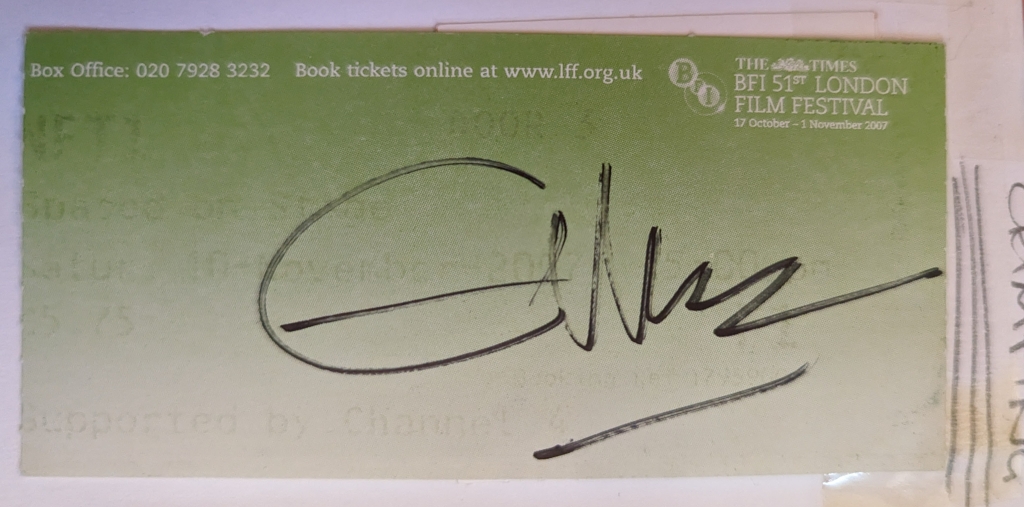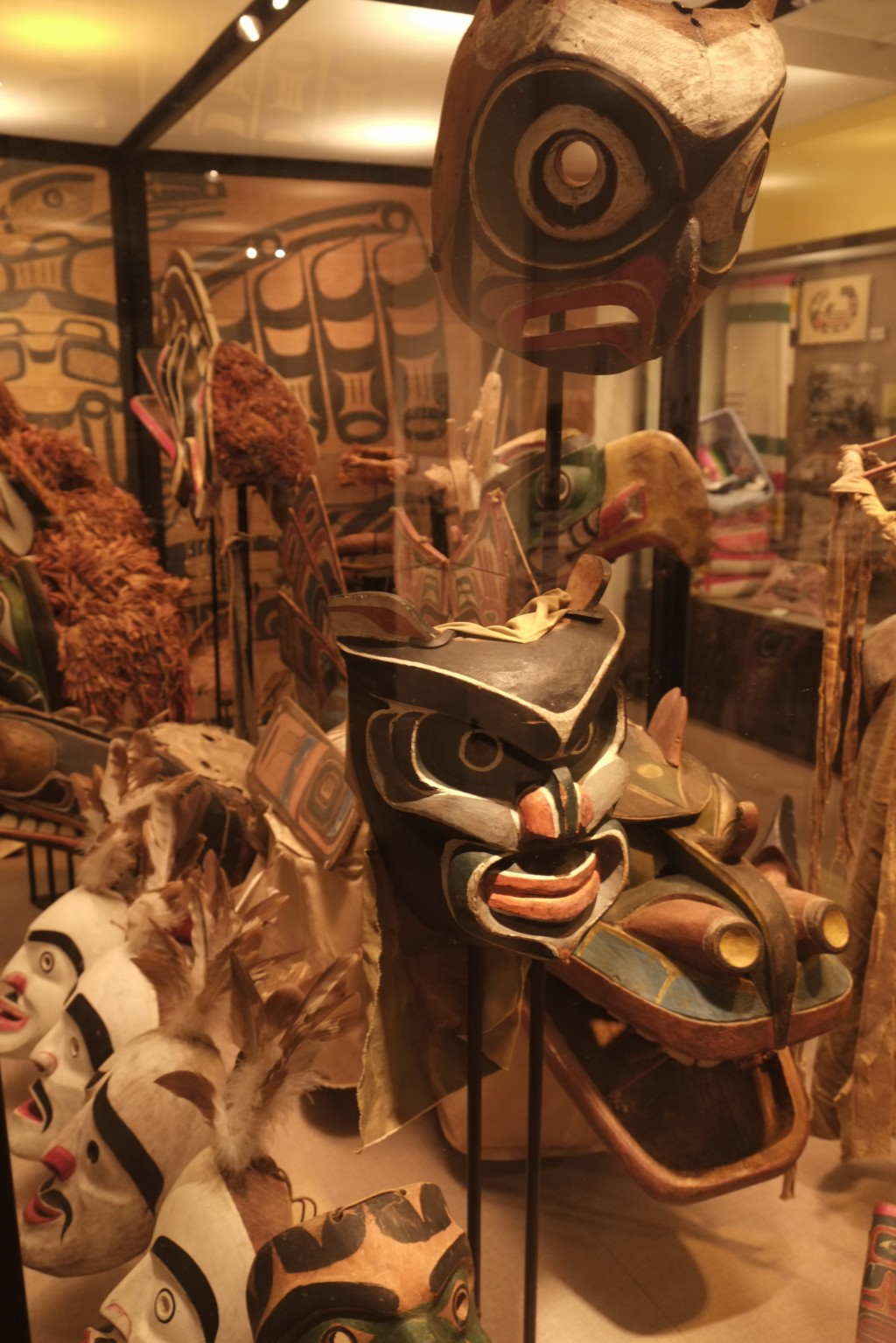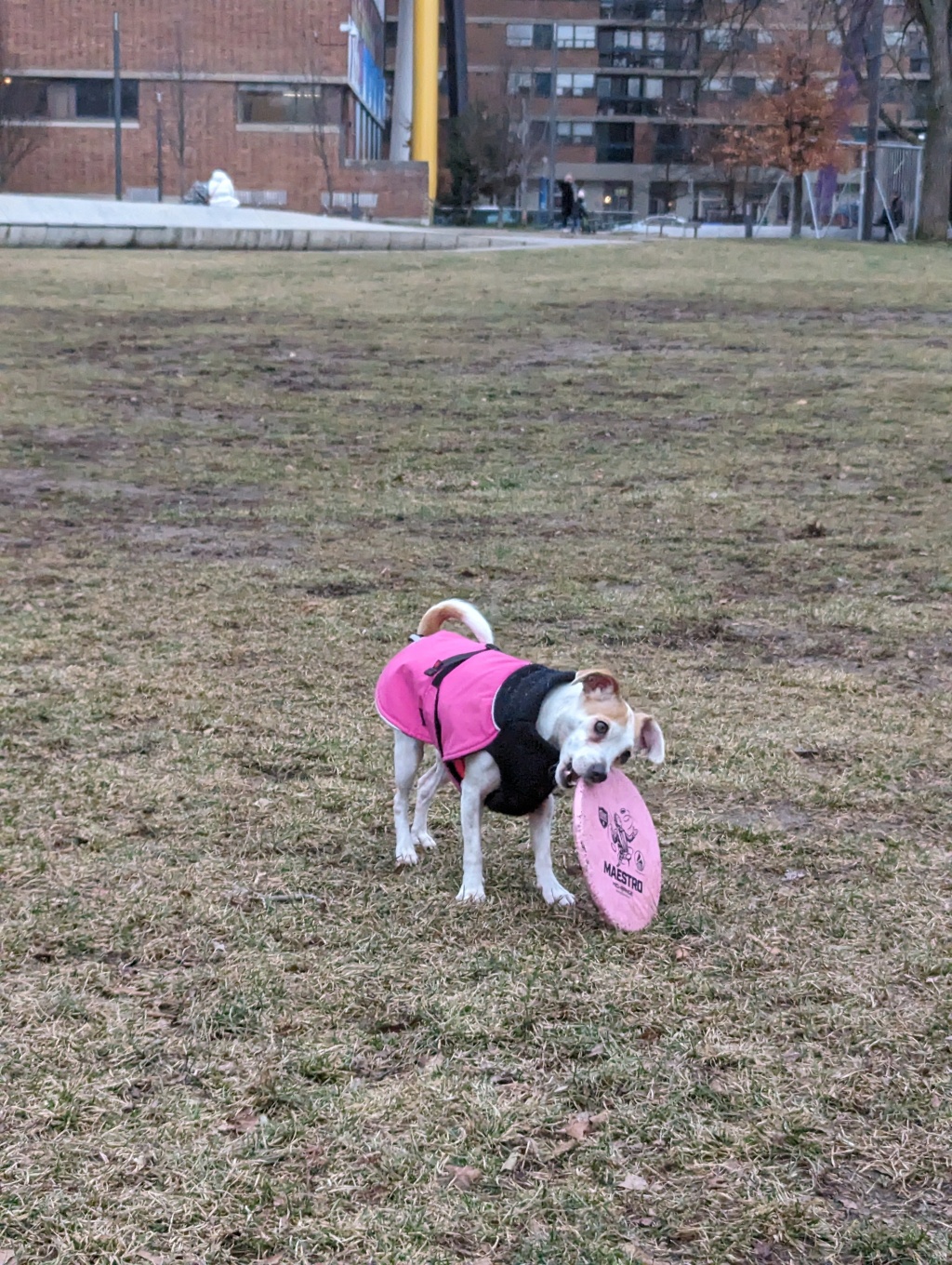-
Boys (by Lizzo) as Board Games
Back in the early days of the pandemic when I was having a little cabin fever, I did a fun Twitter thread for the blog I wrote for and because I just never want to lose this magical moment here it is. My bud Amber was the best assist on coming up with these!!!! Without… Continue reading
-
~ Ephemeral ~

A lot of folks collect memorabilia to have reminders around of what they love and what means a lot to them. (Even I have sports memorabilia! A Brisbane Bullets button-down shirt signed by the team from 2007 lol.) Even before I got rid of a ton of stuff to move out of Australia, I would… Continue reading
-
Milestones

2024 seems to be a milestone year for me. Today, I’ve been vegan for 22 years (half my life!); in May I’ll have lived in Toronto for 15 years (!); September, I’ll be 45 years old (?!). The Nicole of 22 years ago might be surprised by where 44 year-old Nicole’s at. It’s been a… Continue reading
-
Museums To Visit

So, you might think I’d been to plenty of museums and there’s not a ton more to go visiting.. Ha! There’s a ton I’d love to see, not just in North America. So here we go, a nice wish list for me to refer to. If you have suggestions, let me know! CANADA Canadian Museum… Continue reading
-
Things I Love Thursday

Do people still do this on the internet, elsewhere? I remember it from aaaaages ago. I must admit I think I preferred my (I had to go back and look at what is was lol) Digital Dozen. Maybe this can just be a smoosh of it all together under a catchy name. Let’s see if… Continue reading
-
Certified bangers start to end

I’ve been listening to a lot more music lately, deliberately albums rather than miscellany and playlists. My music tastes run fairly out of date (I think the last artist I bought a new record from is Lizzo, who’s sadly absent from this list because of her shite behaviour), which I think is pretty obvious from… Continue reading
-
My favourite digital adaptations of board games to play solo right now
While some of my gaming on Boardgame Arena is with other folks (randos or friendos), a lot of my plays are solo games. The mobile version of the site is pretty good, and for these games it’s perfect – it’s like having a scrappy app version of them. Next Station London I love me a… Continue reading
-
2023’s reading

I switched over from Goodreads to StoryGraph a few years back, and getting my 2023 wrap-up from them reminded me, I should talk about what I’ve read! I’m trying to seek out a mix of easier and lighter reads to balance things out (see below lol), but I still find it incredibly difficult to bump… Continue reading
-
2023’s Television viewing

For the last little while, I’ve been watching FAR more TV than movies. Looking at this list, I was even surprised with how much I watched last year – even if a lot of it was pre-2023. 2024’s got a LOT to live up to in terms of quality TV, but I am not sure… Continue reading
-
When you’re so tired of it all you can’t even think of a title for this :)

I used to love taking part in online board game community spaces – be it on Board Game Geek, FB groups, or Twitter; even in a variety of Discords over the past few years. It was a great complement to my involvement in the hobby as an enthusiast and reviewer/writer. But those spaces slowly started… Continue reading
-
Subscribe
Subscribed
Already have a WordPress.com account? Log in now.








